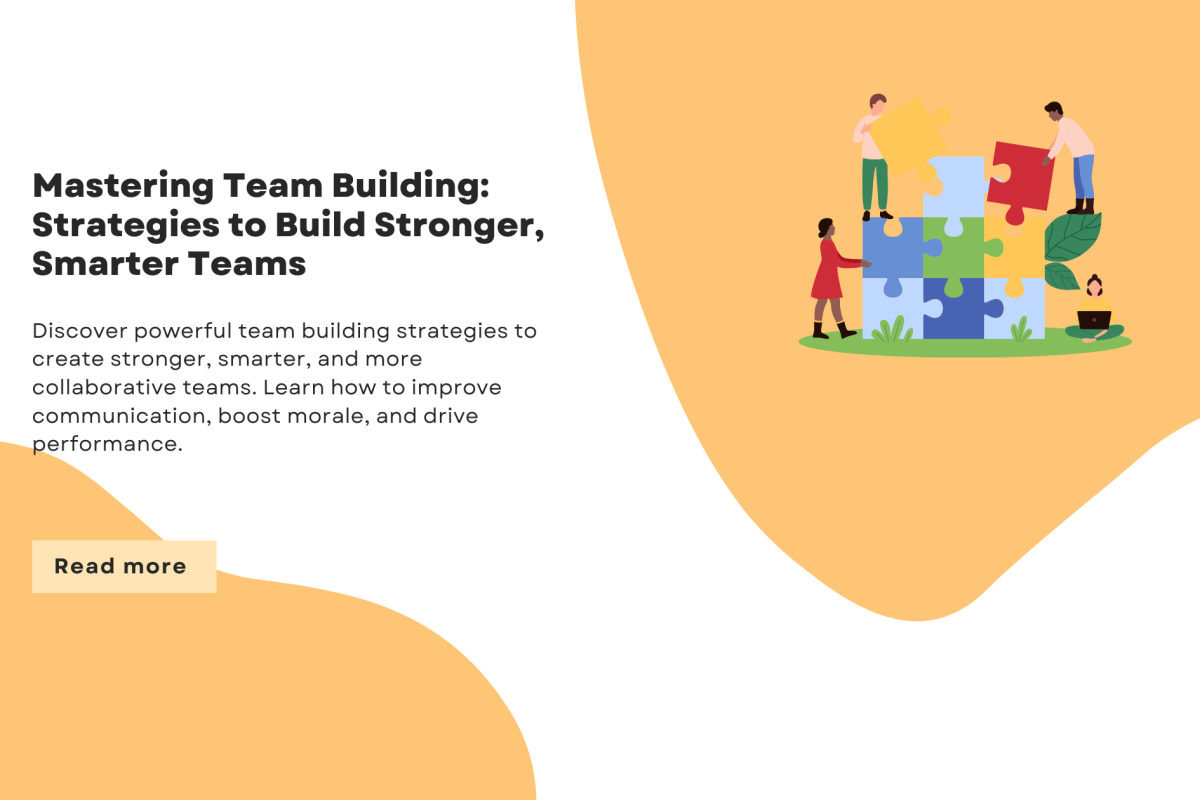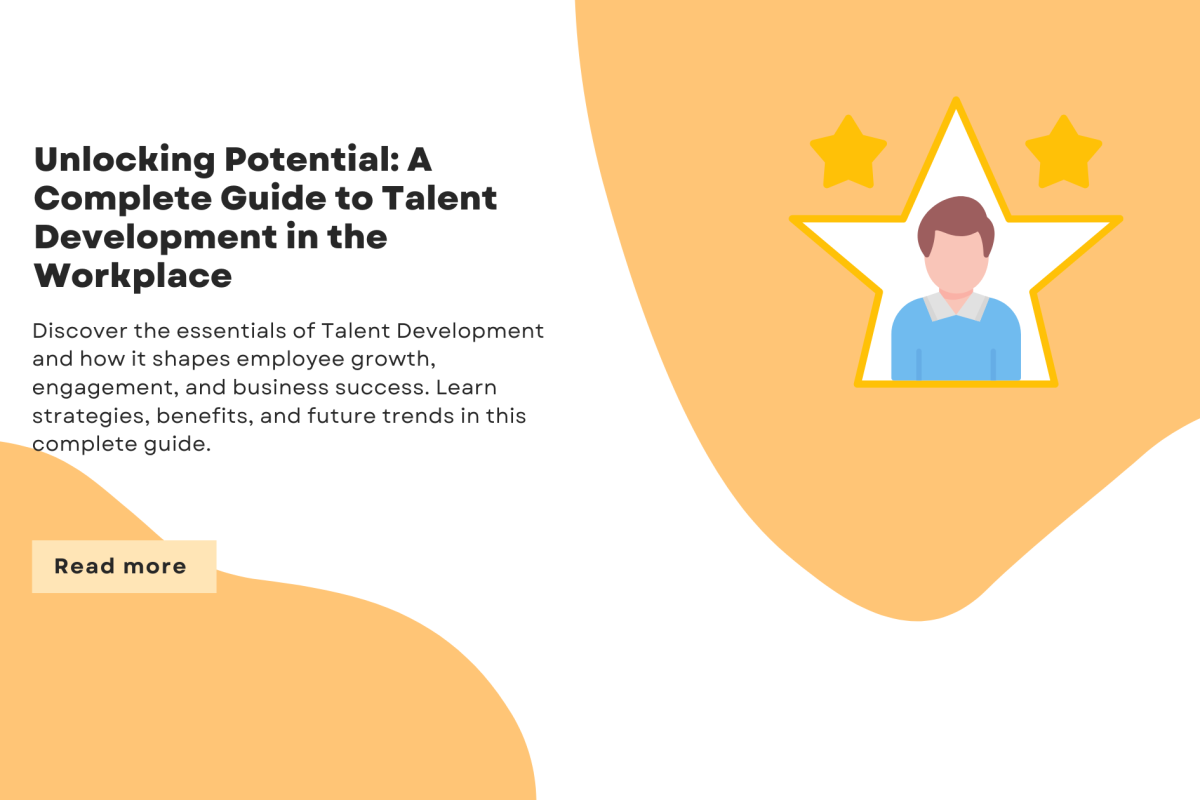Motivational Psychology is the study of what drives human behavior—the “why” behind what we do. It explores the forces, desires, and internal beliefs that compel people to take action or, sometimes, remain stuck. This branch of psychology digs deep into the factors that ignite passion, persistence, and performance across different areas of life—career, health, relationships, and personal development.
Whether you’re chasing a career goal, trying to build better habits, or simply looking to get out of a rut, understanding motivational psychology can help you tap into your own inner engine.
Types of Motivation: Intrinsic vs. Extrinsic
1. Intrinsic Motivation
This comes from within. You do something because it’s fulfilling, enjoyable, or aligns with your values. For example, writing because you love storytelling or learning new skills because they excite you.
2. Extrinsic Motivation
This comes from external rewards like money, praise, or recognition. While effective short-term, it often fades once the reward disappears. A balance of both intrinsic and extrinsic motivators usually delivers sustainable progress.
Key Theories in Motivational Psychology
Maslow’s Hierarchy of Needs
Abraham Maslow proposed that human motivation is based on a pyramid of needs—from physiological (food, water) to safety, love, esteem, and finally, self-actualization.
Self-Determination Theory (SDT)
SDT says people are most motivated when they feel autonomy (control), competence (mastery), and relatedness (connection). Creating environments that nurture these three helps build deeper internal motivation.
Goal-Setting Theory
This theory highlights how setting specific, challenging goals increases performance. Motivation thrives when goals are clear, time-bound, and meaningful.

How Motivational Psychology Helps in Real Life
1. Building Consistent Habits
Understanding your “why” helps you stay committed. For instance, if you want to exercise more, connecting it to a meaningful reason—like staying healthy for your family—can fuel persistence.
2. Overcoming Procrastination
By identifying emotional blocks or fear of failure, motivational psychology helps break down mental resistance and take actionable steps.
3. Enhancing Work Performance
When aligned with personal purpose, people work harder, are more creative, and report higher satisfaction. Leaders can use motivation principles to improve team engagement.
4. Boosting Mental Well-Being
Motivated individuals often report better emotional health. Purpose-driven actions reduce stress, increase optimism, and improve overall life satisfaction.
Tips to Boost Your Inner Drive
- Find your purpose: Ask yourself, Why do I want this?
- Set meaningful goals: Make them clear, realistic, and emotionally driven.
- Celebrate small wins: Progress motivates more than perfection.
- Visualize success: Seeing yourself succeed triggers brain motivation centers.
- Surround yourself with support: A positive environment strengthens consistency.
- Stay self-compassionate: Don’t beat yourself up for off-days.
Frequently Asked Questions (FAQs)
Q1. Is motivation a skill or a feeling?
Motivation is both a feeling and a learnable skill. While it can be spontaneous, techniques from motivational psychology can help generate it even when it’s absent.
Q2. Why does motivation fade over time?
Because it relies heavily on emotional triggers. Without regular reinforcement or alignment with personal values, it tends to weaken. Building habits can sustain action even when motivation dips.
Q3. How do I reignite lost motivation?
Revisit your initial purpose, set new goals, and change your environment. Re-evaluating your “why” through a motivational psychology lens often revives inner drive.
Q4. Can therapy help improve motivation?
Yes. Cognitive-behavioral therapy (CBT) and coaching based on motivational strategies can help you break through mental blocks and rewire thought patterns.
Conclusion
Motivational Psychology offers more than theory—it’s a practical framework to help you unlock your full potential. By understanding what truly drives you, you can overcome procrastination, build habits that last, and lead a more purpose-filled life.
Looking to explore more tools to strengthen your mindset and motivation? Step into a world of inspiration and transformation at 👉 www.subhamcharan.com — where growth begins.

